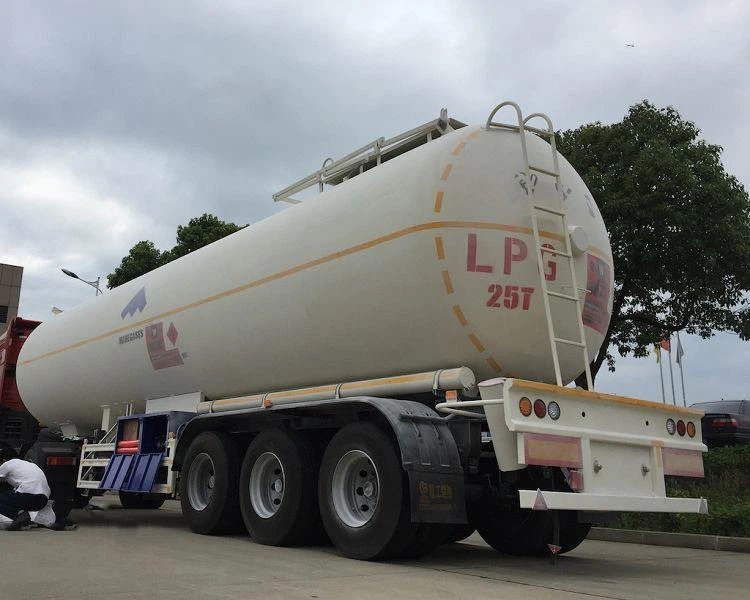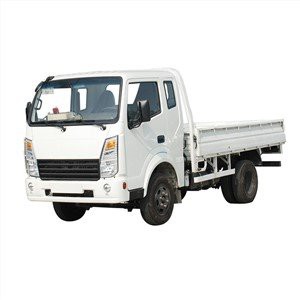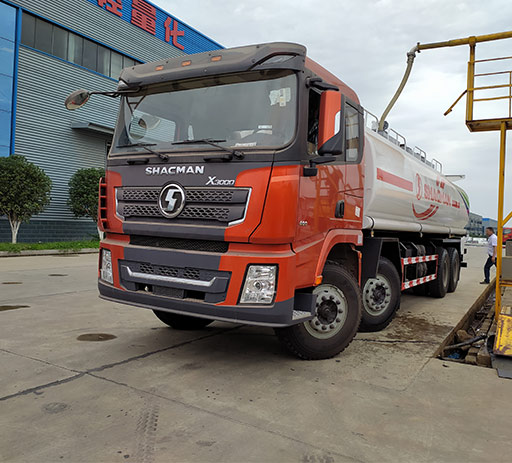LPG vs Propane: Understanding the Differences and Uses

When it comes to home heating, cooking, and outdoor activities, two popular options often discussed are LPG (Liquefied Petroleum Gas) and propane. Although they are related and often used interchangeably, they have distinct characteristics and applications. This article will delve deep into the comparison between LPG and propane, exploring their compositions, uses, safety, and much more. Whether you are considering switching fuels or simply want to understand the differences, you’ll find all the information you need here.
What is LPG?
LPG, or Liquefied Petroleum Gas, is a mixture of gases, primarily consisting of propane and butane. It is a by-product of both natural gas processing and crude oil refining. LPG is stored in pressurized tanks, where it remains in liquid form, making it portable and easy to transport. When released, it vaporizes and can be used for various purposes, including heating, cooking, and powering vehicles.
Composition of LPG
LPG is mainly composed of the following gases:
- Propane (C3H8): Typically makes up about 60-80% of LPG.
- Butane (C4H10): Generally comprises the remaining 20-40%.
Other hydrocarbons may be present in smaller quantities, but propane and butane are the primary components.
What is Propane?
Propane is a specific type of liquefied gas that falls under the umbrella of LPG. It is a three-carbon alkane with the chemical formula C3H8. Propane is colorless, odorless, and highly flammable. To make it detectable, a smell (typically a pungent odor) is added, allowing users to notice leaks easily.
Common Uses of Propane
Propane has a variety of applications, including:
- Home heating
- Cooking (stoves, grills, and ovens)
- Water heating
- Drying clothes
- Fuel for some vehicles
LPG vs Propane: The Key Differences
| Feature | LPG | Propane |
|---|---|---|
| Composition | Mixture of propane and butane | Only propane |
| Storage | Stored in pressurized tanks | Stored in pressurized tanks |
| Uses | Cooking, heating, vehicles, industrial use | Heating, cooking, generators |
| Temperature Sensitivity | Less efficient in cold temperatures | More efficient in colder climates |
Choosing Between LPG and Propane
1. Application Needs
The choice between LPG and propane largely depends on your specific needs.
- For cooking: Both LPG and propane work well, but propane may provide better performance in colder climates.
- For heating: If you’re looking to heat your home, propane generally offers higher BTU output, making it more efficient.
- For vehicles: Propane is a preferred fuel for many fleet vehicles due to its energy efficiency and lower emissions.

2. Availability
Another factor to consider is the availability of LPG versus propane in your area. Some rural areas may have better access to one type over the other. It’s always best to check local suppliers for availability and pricing.
Safety Considerations
Handling and Storage
Both LPG and propane are highly flammable and should be handled with care. Here are some safety tips:
- Store gas cylinders upright and in a well-ventilated area.
- Avoid exposing gas tanks to heat or flames.
- Regularly check for leaks using soap and water on connections.
Signs of Gas Leaks
Both LPG and propane have a distinct odor identified as “rotten eggs.” If you smell this odor, follow these steps:
- Turn off the gas supply if safe to do so.
- Evacuate the area immediately.
- Contact the supplier or authorities for help.
Environmental Impact
Lower Emissions
Both LPG and propane are cleaner-burning fuels compared to traditional fossil fuels like gasoline and diesel. They produce fewer greenhouse gas emissions and are considered a more sustainable option for many applications.
Use in Renewable Energy
Integrating LPG or propane with renewable energy solutions such as solar panels enables a more balanced energy approach, significantly reducing your carbon footprint. This hybrid system can optimize energy use across various applications.
Cost Comparison
Pricing Factors
The costs of LPG and propane can vary based on a range of factors such as location, supplier, consumption rates, and seasonal demand.
| Gas Type | Price per Gallon (USD) |
|---|---|
| LPG | $2.50 – $4.00 |
| Propane | $2.00 – $3.50 |
Long-term Costs
While propane might have a lower upfront cost, consider the efficiency of each option. Evaluating your expected usage and comparing bills over time can provide a clearer picture of long-term costs.
Common Myths about LPG and Propane
1. LPG and Propane are the Same
While they are closely related, they are not the same. LPG is a mixture of propane and butane, while propane is a specific component of LPG.
2. Both are Dangerous
While any flammable gas can pose a risk, with proper handling and storage, both LPG and propane can be used safely at home.
Practical Examples and Tips
Home Heating

If you are using LPG or propane for home heating, consider installing a programmable thermostat to optimize energy use and reduce costs.
Cooking
For outdoor cooking with propane tanks, always check the connection before igniting your grill to prevent accidents.
Frequently Asked Questions (FAQ)
1. Is LPG cheaper than propane?
The cost of LPG and propane can vary based on location and market conditions. On average, propane is slightly less expensive, but the efficiency of each should also be considered.

2. Can I use LPG appliances with propane?
In many cases, LPG appliances can be converted to use propane, but it requires adjustments. Always consult a professional to ensure safety and compliance.
3. Is it safe to use LPG indoors?
Yes, LPG can be used safely indoors if proper ventilation is maintained, and appliances are correctly installed and regularly serviced.
4. How long will a propane tank last?
The lifespan of a propane tank depends on usage. A typical 20-pound propane tank can last for several hours to a few days, depending on the appliance and frequency of use.
5. What should I do if I smell gas?
If you smell gas, turn off the supply, evacuate the area, and contact your gas supplier or local authorities immediately.
6. Can propane bottles explode?
Propane bottles can explode if exposed to extreme heat or damaged. Proper storage and handling reduce this risk significantly.
